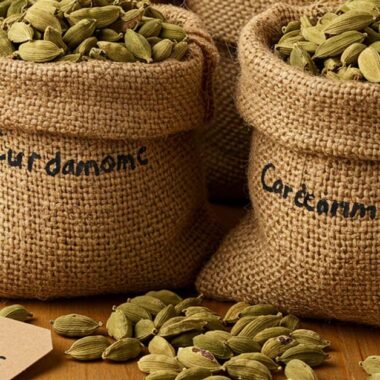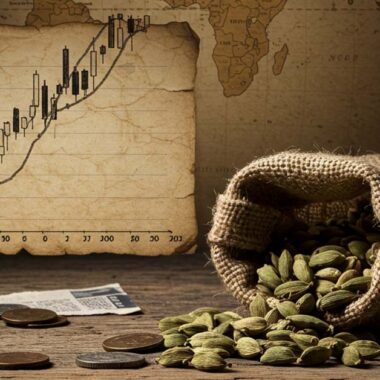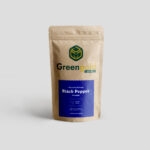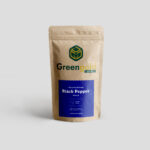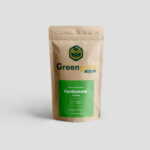Cardamom is often called the “Queen of Spices” for its rich aroma, bold flavor, and numerous health benefits. However, behind the scenes of the global cardamom trade, small-scale farmers often struggle with low wages, exploitation, and market instability. This is where Fair Trade cardamom comes in—a system designed to support farmers, promote sustainability, and ensure ethical trade practices.
But what exactly does Fair Trade mean, and why does it matter for both farmers and consumers? Let’s explore! 🌿✨
🌱 What is Fair Trade Cardamom?
Fair Trade is a global movement that promotes ethical business practices, sustainability, and fair wages for farmers. When cardamom is labeled as Fair Trade certified, it means that:
✔️ Farmers receive fair prices for their crops, reducing their vulnerability to market fluctuations.
✔️ Workers are treated ethically, with safe working conditions and fair wages.
✔️ Sustainable farming practices are encouraged, reducing the environmental impact.
✔️ Child labor and exploitation are strictly prohibited.
Fair Trade organizations ensure that small-scale farmers are empowered, not exploited, and that they can invest in their communities for a better future. 🌍
💰 Why Fair Trade Matters for Farmers 🌾
Cardamom farmers, especially in regions like India, Guatemala, and Sri Lanka, often face challenges such as:
🔸 Unpredictable prices: Middlemen and large corporations often dictate the price, leaving farmers with minimal profits.
🔸 Poor working conditions: Without fair trade regulations, workers may face low wages and unsafe environments.
🔸 Limited market access: Small-scale farmers struggle to compete with large exporters.
By choosing Fair Trade certification, farmers can enjoy:
✅ Guaranteed minimum prices, protecting them from market crashes.
✅ Extra funds for community development, such as schools, healthcare, and infrastructure.
✅ Training in sustainable farming, leading to healthier crops and long-term environmental benefits.
🌍 How Fair Trade Benefits Consumers 🛒
When you buy Fair Trade cardamom, you’re not just purchasing a spice—you’re supporting a cause.
✨ Higher Quality: Fair Trade practices encourage better agricultural methods, resulting in premium-quality cardamom with enhanced flavor and aroma.
✨ Ethical Consumption: You can enjoy your spices knowing that farmers are fairly compensated and not exploited.
✨ Sustainability: Fair Trade promotes eco-friendly farming methods, protecting the environment and reducing harmful chemicals.
By choosing Fair Trade cardamom, you’re making a difference one purchase at a time! 🌿💚
🌱 How to Identify Fair Trade Cardamom
When shopping for ethical cardamom, look for Fair Trade labels on the packaging. Some trusted organizations include:
🔹 Fairtrade International (FLO)
🔹 Fair Trade Certified™
🔹 Rainforest Alliance (some overlap with Fair Trade principles)
Additionally, buying directly from ethical brands and small farmers who practice fair trade principles is another great way to ensure you’re supporting sustainable agriculture.
💡 Greengold Guide: Our Commitment to Ethical Cardamom 🌍
At Greengold Guide, we support sustainable, high-quality cardamom production. We believe in fair pricing for farmers, eco-friendly farming practices, and premium-grade cardamom for our customers.
🔗 Explore our ethically sourced cardamom here! 🌿
🌎 Final Thoughts: Why Fair Trade Cardamom Matters
The Fair Trade movement is transforming the global cardamom industry, ensuring that farmers, workers, and the environment are treated with respect. By choosing Fair Trade cardamom, we can all play a role in creating a more sustainable, ethical, and equitable future.
💚 Next time you buy cardamom, choose Fair Trade—it’s a small change with a BIG impact! 🌱✨

